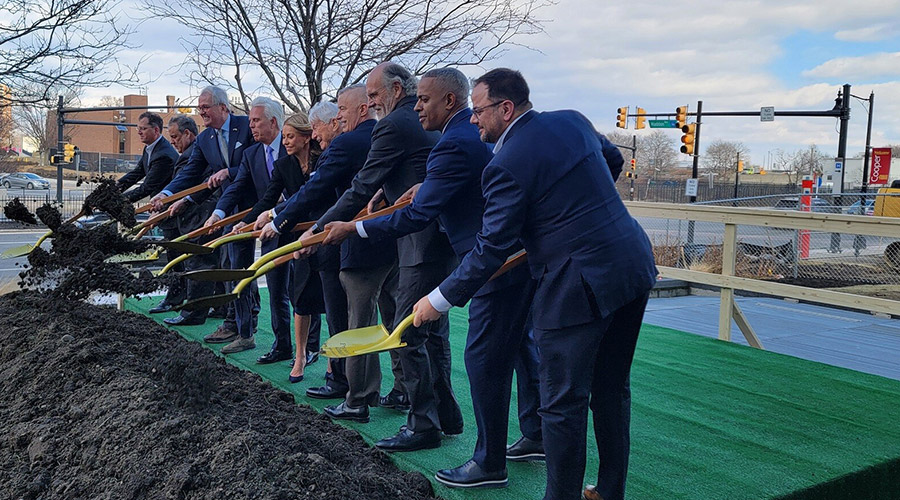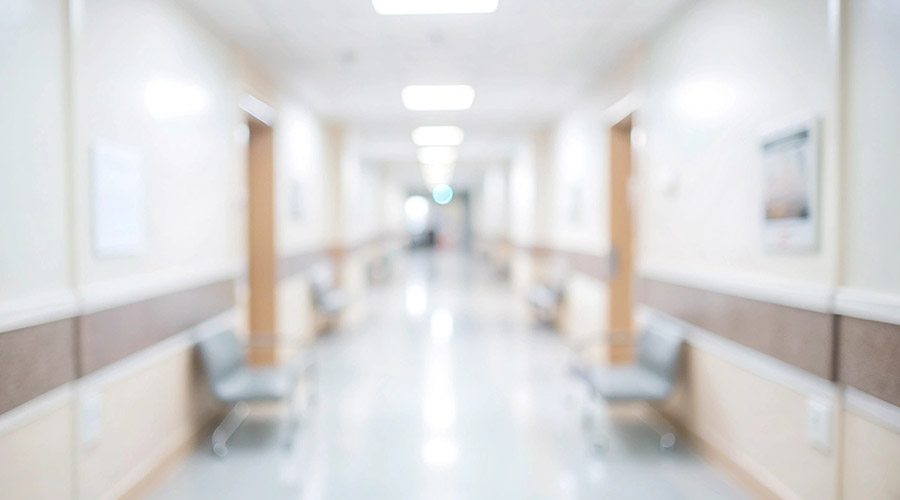Patients who live in rural areas are in need of access to proper and convenient care. According to a 2018 study, over 85.5 million people in rural areas need better access to healthcare—this translates to a need of 4,022 doctors[1].
Compounding the need to improve access and for nearly the past decade the healthcare challenges in rural areas have worsened—with over 100 hospitals in 30 states having closed their doors since 2010. Texas has seen the most hospital closures at 20, followed by Tennessee with 12 and Georgia and Oklahoma tie for third with seven closures each[2].
However, with consumer health wearables on the rise, rural residents may not have to sacrifice time or convenience if their nearby hospital closes its doors. Telemedicine and remote monitoring are the best solutions for these scarcely populated areas. Stuart Long, CEO of InfoBionic, a leading remote cardiac monitoring company, notes that remote monitoring technologies are the best solution to help address these challenges.
“All patients deserve access to the best medical solutions, regardless of their location,” said Long. “It’s vital for healthcare providers to incorporate remote monitoring and telemedicine procedures into their longitudinal patient care plans.”
These closures also impact hospitals that remain open. A study funded by the National Heart, Lung, and Blood Institute (NHLBI) focused on the outcomes of rural closures on heart-attack patients, and the results are troubling. Patients experiencing heart-attack symptoms in rural areas are often forced to travel long distances to their closest emergency room. According to the study, when a patient’s travel time to the hospital was 30 minutes or more, the likelihood of a 30-day readmission increased by six percent, the one-year mortality rate increased by eight percent, and the likelihood of receiving the proper cardiac procedure declined by four percent[3].
These statistics prove the need for prompt solutions; telemedicine and remote monitoring come in a variety of forms, from apps to smart watches to even wearable fabrics. Popular brands like Fitbit or the Apple Watch are consumer products available for purchase that track steps taken, calories burned, sleep times and heartbeat patterns. Apps on these wearables can act as a liaison to remote diagnostic monitoring solutions, like InfoBionic’s MoMe Kardia.
The MoMe Kardia provides diagnostic remote cardiac monitoring that streams patient cardiac data to doctors in near real-time. For those in rural areas, the ability to be at home and have their health monitored is not only convenient--it may be their only option.
“The MoMe is one piece of the complex puzzle required to solve the rural healthcare challenge,” said Long. “Consumer wearables and apps are the first step, but there is a need for healthcare industry leaders to develop and implement programs to support remote networks to support patients and work with manufacturers to ensure the remote monitoring technology requirements can meet the healthcare demands of rural patient populations.”
For more information visit www.infobionic.com
 Aligning Construction and Facility Activities to Minimize Problems
Aligning Construction and Facility Activities to Minimize Problems Cooper University Health Care Breaks Ground on 'Project Imagine'
Cooper University Health Care Breaks Ground on 'Project Imagine' 3 Employees Injured by Patient at Halifax Infirmary's Emergency Department
3 Employees Injured by Patient at Halifax Infirmary's Emergency Department How Architects Shape the Future of Healthcare Facilities
How Architects Shape the Future of Healthcare Facilities UNC Health, Duke Health Form Partnership for Stand-alone Children's Hospital
UNC Health, Duke Health Form Partnership for Stand-alone Children's Hospital